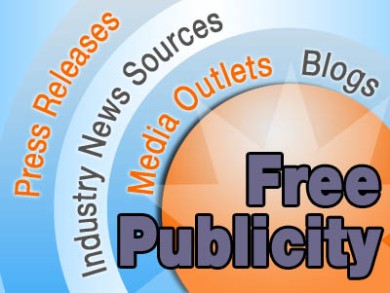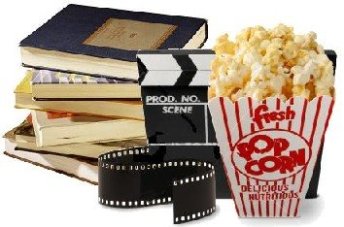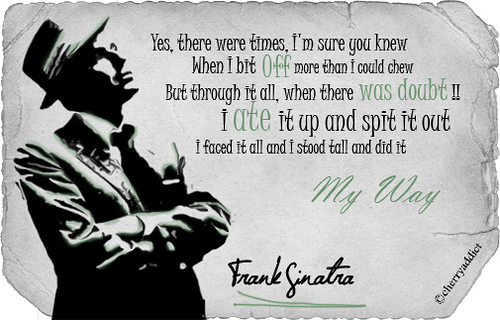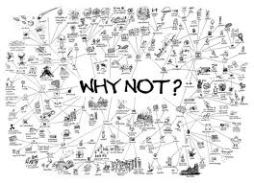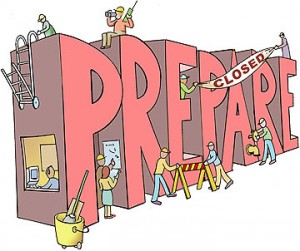A book trailer can be a valuable tool in promoting a literary work, but it must be used carefully. Moreover, a cinematic book trailer, where the trailer mirrors many of the elements used in movie trailers, including utilizing actors, locations, dramatic pacing with editing and music, etc., must be used even more carefully, as the objective is to garner interest in the work, not detach potential readers from interest in the material.
For example, in The Silent Partner’s cinematic book trailer, I utilized actors and dialogue from the actual novel, but I was careful to illustrate conflict within the visual promotional “tease” of the book, while not telling much of the story. In fact, many people gave me similar feedback: “It looks very interesting, but I don’t know exactly what the book’s about.” This was the exact reaction I had hoped for. (The Silent Partner‘s book trailer is available on YouTube HERE.)
You know when you go to the movie theatre and see a three-minute trailer, only to be turned off from seeing the actual film and muttering to your friend, “Ahhh, I’ll skip that one”? I used my own real-life experience to avoid doing this exact thing, so the viewer doesn’t believe they’ve seen the best that the source material has to offer. The objective is to leave them wanting more.
Most book trailers are not dynamic and, in my experience, fail to bring about a feeling of any kind by the viewer. Why bore people to death? They can love the humor, dislike a character, or be frustrated by something happening to a character, but they have to care. Protect your visual promotion of your storytelling by ensuring that the viewer is more interested in your story after seeing the trailer, not less.
A book trailer may or may not significantly add to your book sales. My utilization of the trailer did help me get a couple specific interviews, including one with a FOX TV affiliate in San Diego, but it’s hard to tell exactly how many books have been sold due to the trailer. Rather, the trailer provided additional interest in the overall process of self publishing, and that in itself has in some cases been more interesting to some than the content of the source material. The trailer helped build the profile of the book and build my Twitter following, as well as gain interest from some in the novel. Truly, though, it’s hard to tell of specific ROI impact.
A simple checklist for producing your very own book trailer:
- Like with your book, draft out key points to showcase your story. Think of elements you can tell or enhance with visuals, and stay away from spoilers. Have a plan.
- Put together a crew. You can’t do it yourself. Get different people with skill sets in different areas, and find ways to compensate them. If not with money, use food, furniture you would have gotten rid of anyway, etc.
- It will take more work than you’re prepared for, so don’t set any promotional dates until after it’s completely done. Completely.
- Be nimble and prepared for actors or crew members to drop the ball. It’s your responsibility to pick up the pieces, so when something goes wrong, look at the situation as an opportunity to improve your work. There’s no reason to accept defeat.
- Try to be less than 3 minutes in length. It can be hard, especially for a 300-plus page novel. It was difficult for me.
- If someone is more talented than you in some way in putting the trailer together, hear their voice and utilize their talent, but don’t compromise your overall theme or feel of the original work.
- Use the ecosystem you’ve built with your blog, Facebook, Twitter, LinkedIn, etc., to publish access to your promotion.
Good luck in bringing your writing to life!

